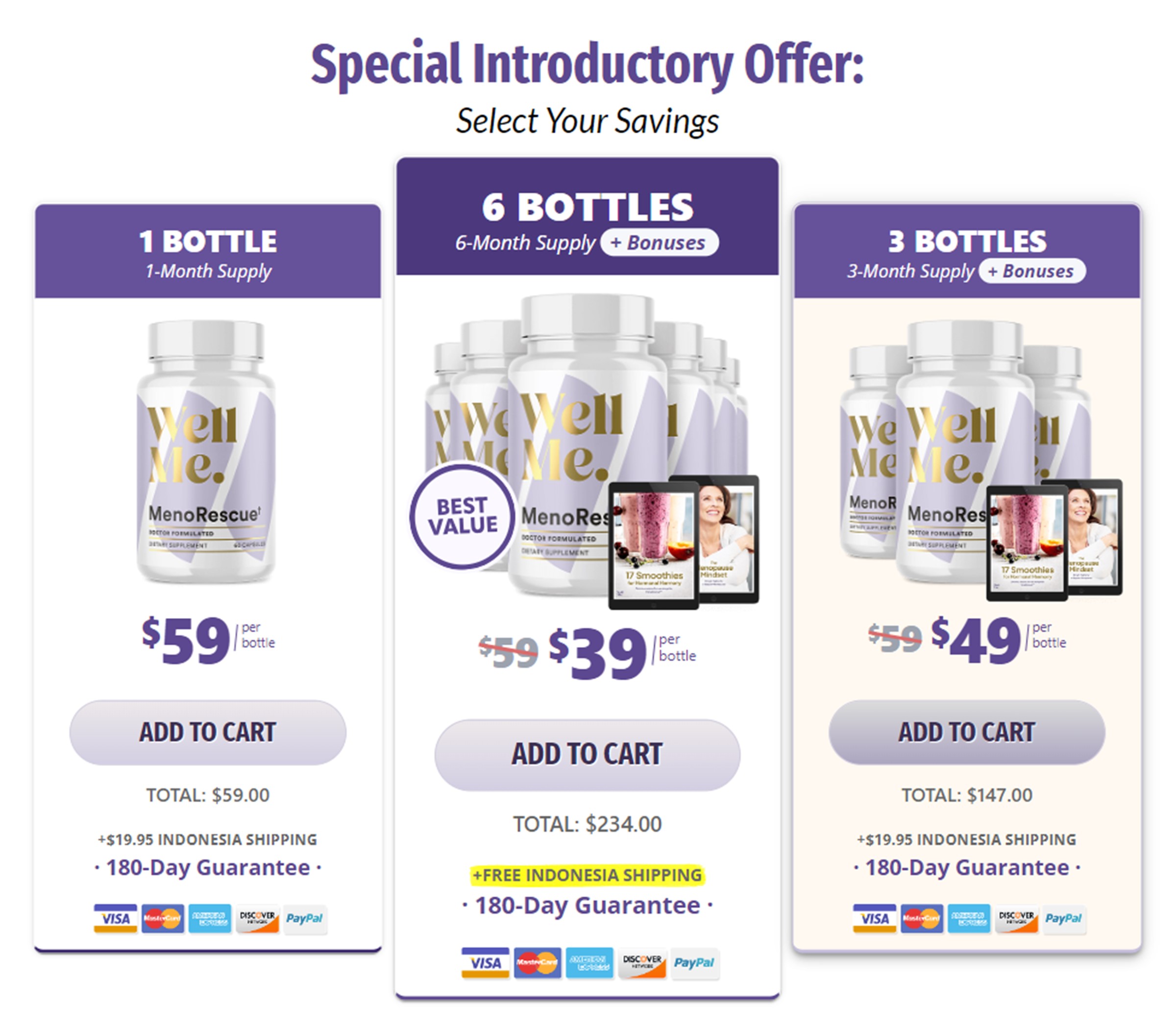Did you know that heart diseases cause one death every 30 seconds? The primary culprit behind heart disease is a lipid or fat called cholesterol. Although our bodies can produce cholesterol naturally, we also consume a type of cholesterol called low-density lipoproteins (LDL) through our food. LDLs are the bad cholesterols that build up plaque in the arteries of the heart when cholesterol levels are high, restricting blood flow and causing coronary heart disease and other cardiovascular conditions. The problem with cholesterol is that its effects on the body are not readily apparent; it takes years to build up then will strike in our 40s or 50s. For this reason, we all have to start managing cholesterol as early as our 20s.
Managing cholesterol involves making sure our cholesterol ratio of LDL (bad cholesterol) and HDL (good cholesterol) stays equal. Since both cholesterol types come from what we eat, it makes sense that a low cholesterol diet is a key to lowering our cholesterol levels. Here are several ways to lower your cholesterol levels, as well as foods to include in a low cholesterol diet.
- Get your heart pumping and do cardio exercises for 30 minutes daily. Exercise increases HDL and reduces LDL, while keeping you fit and boosting your mood. You don�t have to enroll in a gym to do this. Instead of taking the bus all the way to work, get off several blocks from your building and walk the rest of the way. Or take the stairs instead of the elevator.
- Have a bowl of oatmeal for breakfast every morning. Oatmeal contains a soluble fiber called beta-glucan, which soaks up cholesterol like a sponge. If you don�t like the taste of oatmeal, you can add dried blueberries, sliced banana, chocolate milk, or cinnamon to give it a flavor kick.
- Snack on almonds instead of chips. Almonds contain flavonoids and vitamin E, very important and powerful antioxidants that prevent LDL from oxidizing and building plaque. Make sure you eat unsalted almonds with the skin, as this is the part that is rich in flavonoids.
- Ground flaxseed contains soluble fibers that prevent the production of LDL and help your body eliminate cholesterol. You can sprinkle these into your bowl of breakfast oatmeal!
- Garlic prevents the body from manufacturing unneeded cholesterol. What�s great about garlic is that it�s easy to sneak into any food! Make sure you release its flavor by chopping it into small pieces. One to two cloves of garlic a day are enough.
- Phytotesterol is a fat you can find in many plant foods like nuts, legumes, seeds, and fruits. Foods containing phytotesterol help block the intestinal cells from absorbing cholesterol. Many foods like granola bars, cheese, and even chocolate bars contain phytotesterol. However, you should watch out for trans-fat and saturated fat!
- Take heart-friendly food supplements like omega-3 fish oils, which are known to prevent or reverse heart disease. Garlic food supplements can also do the trick.
- Stick to extra virgin olive oil and fish for your sources of fat.



